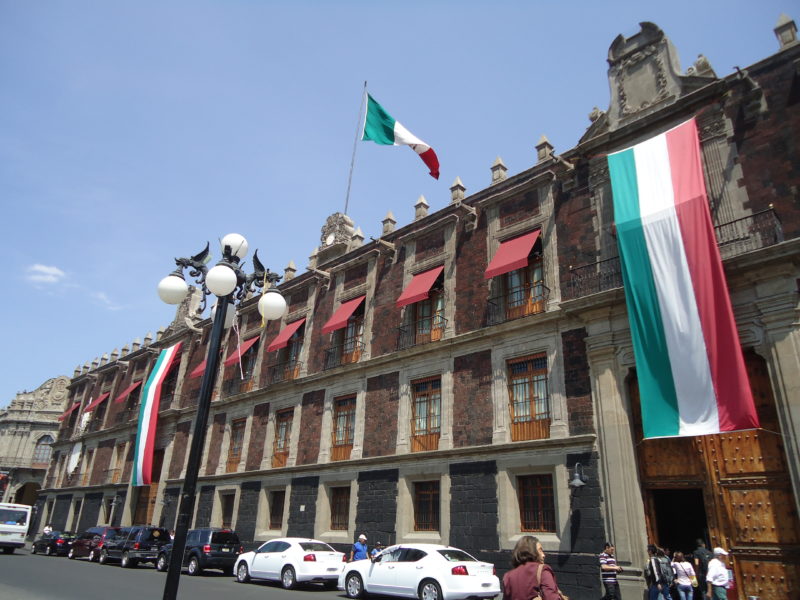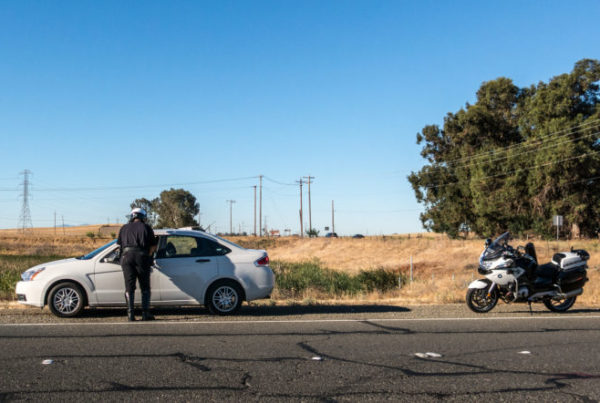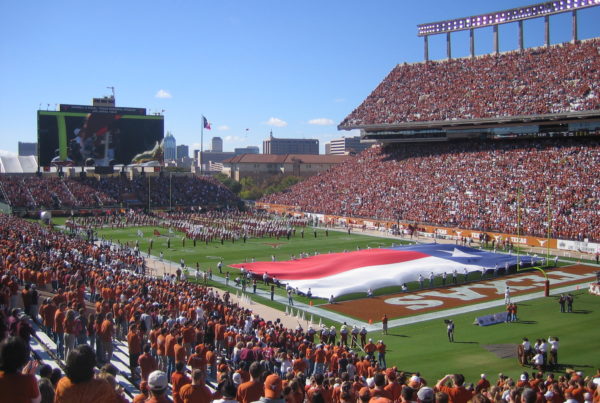In May, Mexico’s Secretariat of Public Education fired 3,000 teachers. The government agency claimed the teachers had not worked for three days. The teachers say they were on strike because of recent education reforms.
In June, the government arrested the leader of a dissident teacher union splinter group, CNTE, on charges of corruption. Then yesterday, six people were killed and dozens of civilians and police were injured in clashes in the Mexican state of Oaxaca.
The tension between teacher unions and the government is escalating.
David Agren, who has been reporting on this for the Guardian, says teachers unions are a powerful political force in Oaxaca and Chiapas, poorer states with many isolated rural communities.
“In these places the teacher plays a very important role,” Agren says. “Often, when you go into the communities there’s only a priest, a doctor and a teacher. What has happened over the years is that the teachers play a role of somewhat of a community organizer.”
Agren says the federal government introduced education reforms in an attempt to cut union power. The government also wants to begin teacher evaluations, which Agren says some teachers think is a trap to get them fired. So the CNTE teachers union is protesting, and these protests sometimes grow violent.
The violence can look like vandalism in streets, intimidation and like the most recent protests – blocking main highways.
CNTE blocked a major highway from Oaxaca to Puebla. The government sent in 800 state police in attempt to break up the protests. In the process, six people were killed.
Agren says the government insists in their press release that they were unarmed, but press photos show otherwise. Soon after, outrage about the event fomented on social media. According to Agren, it is possible these protest will mimic teacher protests in 2006 in Oaxaca that devolved into six months of violence against state officials.
“This has the makings of a quagmire and really hurting the state of Oaxaca,” Agren says. “The teachers do have a lot of agreements in a lot of places with politicians, and when those agreements get broken, or the monies that they’re supposed to get paid aren’t being paid, there tend to be protests. Sometimes it’s over education. Sometimes it’s over salaries. A lot of times it’s over politics.”
Web post by Beth Cortez-Neavel.














